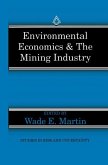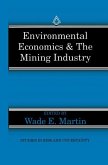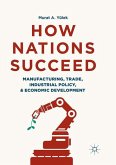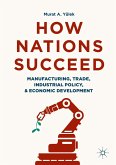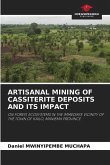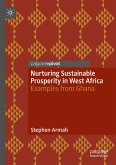This book explores the theoretical and practical challenges of engaging with climate and disaster risk in the changing context of capital investments and market expansion. It explains the emergence of an at-risk society and its interface with economic decision-making. The critical issue the book explores is the implication of certainty over the return period of risk and its influence on the economic behaviour of the state and market institutions. Risk sharing and governing economic risks in the context of financial capitalism is a major theoretical issue the book engages with. It offers a new conceptual framework to see how risk economics evolves out of increasing climate and disaster risks and a counter-discourse on the mainstream economic theoretical standpoint on capital. It also explains the economics of capital replacement in vulnerable social systems. These broader perspectives will benefit economists, researchers, disaster and climate risk experts, the corporate sector, economics teachers, financial economics, and development policy making. Also, it examines climate change and disaster's theoretical and practical implications on capital formation and accumulation in the contemporary economic system. This book discusses risk mitigation and its interface with sustainable development goals, including climate action.


